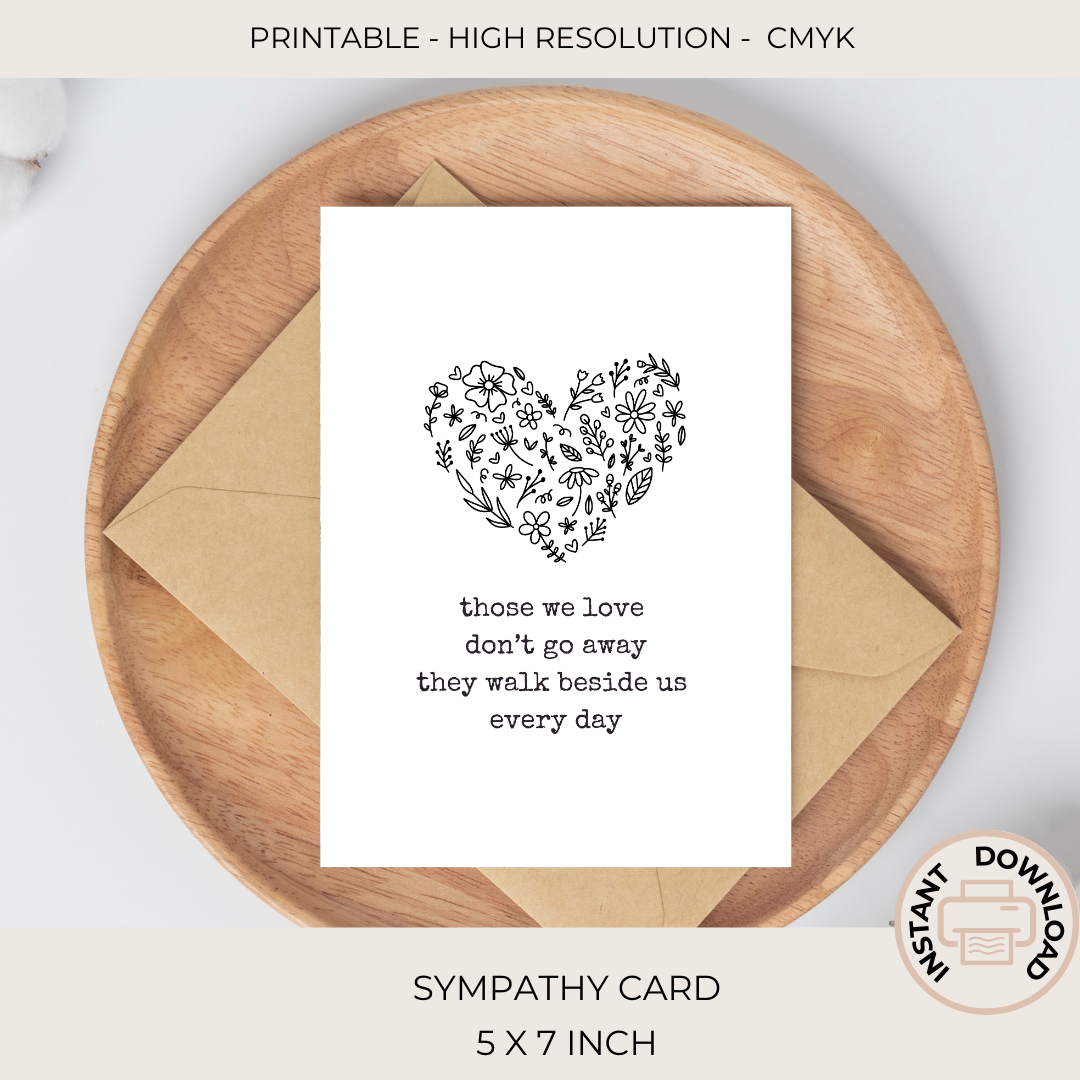
Writing for Healing: Journaling Ideas for Grief Processing
Share
Grief is a deeply personal and often overwhelming journey. Writing can be a powerful tool for healing, offering a safe space to express emotions, reflect on memories, and navigate the waves of loss. If you’re struggling with grief, journaling may help you find clarity, comfort, and connection. Here are some meaningful journaling ideas to support your healing process.
1. Expressing Emotions Freely
Sometimes, the hardest part of grief is finding a way to release what’s inside. Your journal can be a judgment-free space to pour out your feelings.
-
Write a letter to your loved one, sharing what you wish you could tell them.
-
Describe your emotions in detail—anger, sadness, confusion, or even moments of peace.
-
Use stream-of-consciousness writing: set a timer for 10 minutes and write whatever comes to mind, without stopping.
2. Capturing Special Memories
Holding onto memories can bring both comfort and sorrow. Writing them down helps preserve the moments that matter most.
-
List your favorite memories with your loved one.
-
Describe a special moment in detail—where you were, what was said, how it felt.
-
Create a “Memory Jar” in your journal, where you write small notes about cherished times.
3. Finding Gratitude Amid Grief
While grief is painful, moments of gratitude can bring light into the darkness.
-
Write about the lessons your loved one taught you.
-
List things you are grateful for today, no matter how small.
-
Reflect on how love and loss have shaped you.
4. Navigating Difficult Days
Anniversaries, birthdays, and holidays can be especially tough. Journaling can help you prepare for and process these moments.
-
Write a letter to yourself with words of encouragement for an upcoming difficult day.
-
Plan a way to honor your loved one on a significant date.
-
Reflect on how certain traditions might change and how you can create new ones.
5. Exploring Symbols and Signs
Many people find comfort in signs from their loved ones—dreams, nature, or meaningful coincidences.
-
Keep a log of any dreams where your loved one appears.
-
Write about moments when you felt their presence or noticed a symbolic sign.
-
Reflect on what these experiences mean to you.
6. Writing for Release and Letting Go
Healing doesn’t mean forgetting. It means finding a way to carry love forward while releasing pain.
-
Write about what you need to forgive—yourself, your loved one, or circumstances beyond your control.
-
Create a “Goodbye Letter” to acknowledge the loss and express what you need to say.
-
Imagine your loved one writing a letter to you—what words of comfort would they offer?
Final Thoughts
Grief journaling is not about writing perfectly—it’s about creating a space for honesty, healing, and remembrance. There is no right or wrong way to grieve, and the act of putting pen to paper can be a step toward finding peace. Let your words be a gentle guide through your journey of loss and love.

